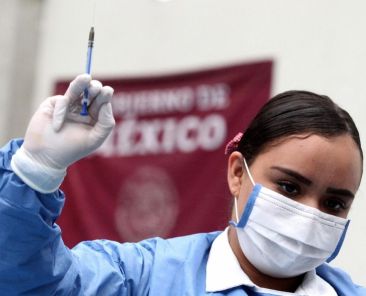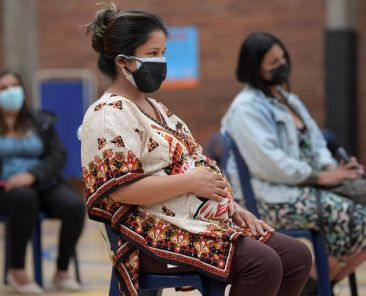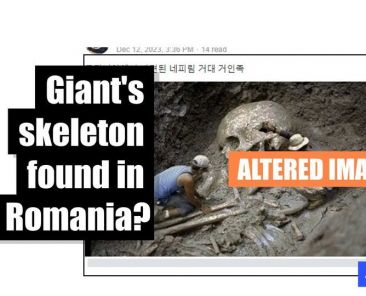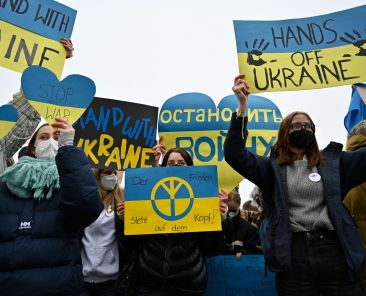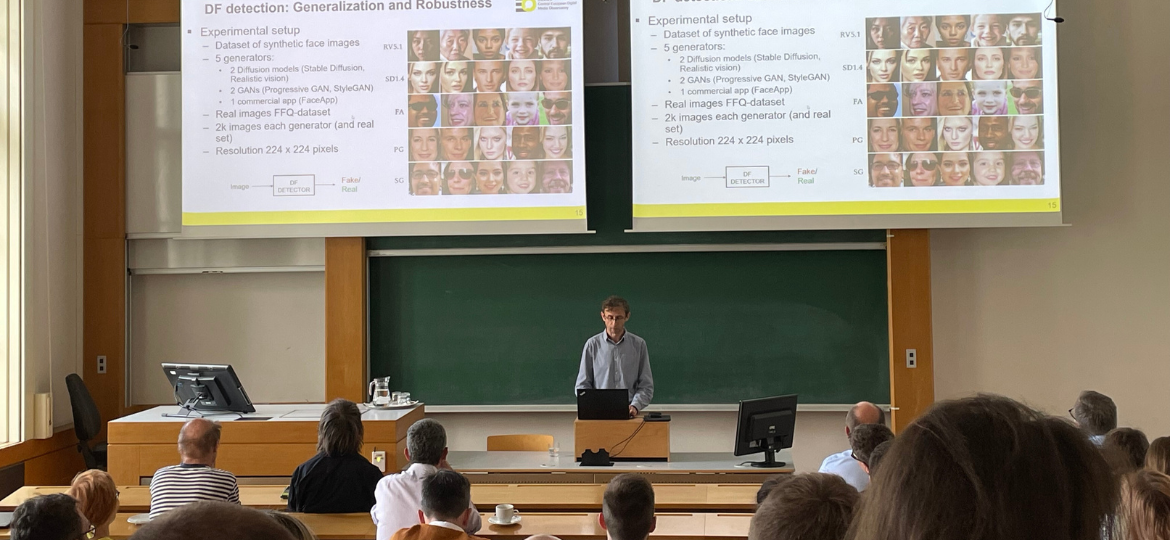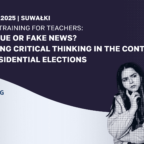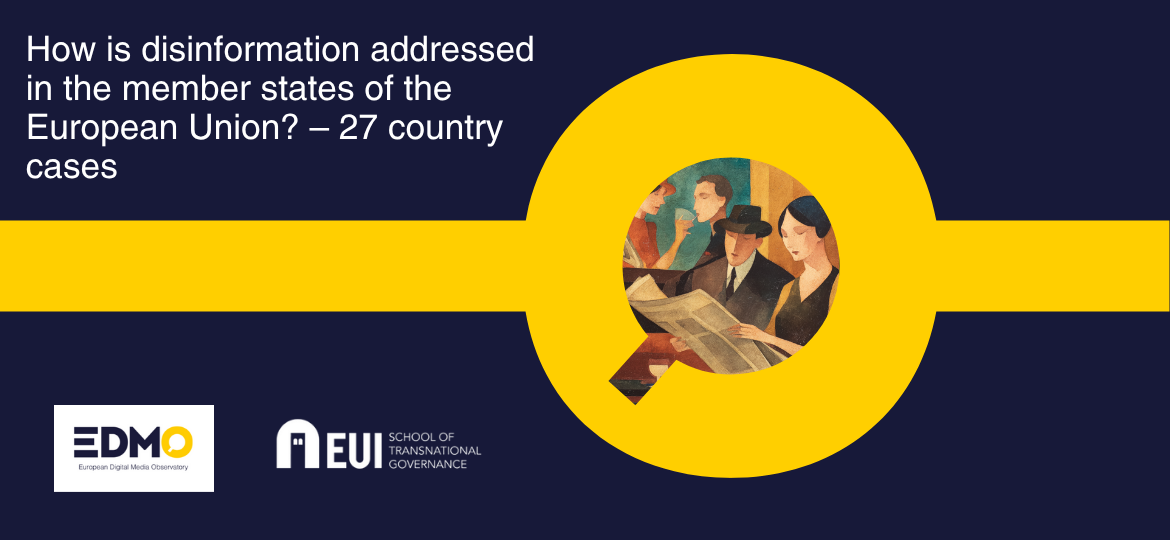About CEDMO
The Central European Digital Media Observatory (CEDMO), as an independent non-partisan multidisciplinary hub, aims to identify, research and prioritise the most critical sources and causes of information disorders in Central Europe (mainly the Czech Republic, Slovakia and Poland). This international consortium was created to propose a set of short and longer-term actions, as well as recommendations to help civil society, public institutions and the private sector respond to the declining trust in key institutions and help society to resist the effect of increasing exposure to mis- and disinformation.
By interacting and coordinating with European Digital Media Observatory (EDMO) and other regional EDMO hubs in EU, CEDMO will contribute to curbing threats posed by information disorders, including disenchantment with the democratic processes, and discord in civil society in Europe, and to building community and nation-wide resilience while protecting information ecosystems.
About CEDMO
The Central European Digital Media Observatory (CEDMO), as an independent non-partisan multidisciplinary hub, aims to identify, research and prioritise the most critical sources and causes of information disorders in Central Europe (mainly the Czech Republic, Slovakia and Poland). This international consortium was created to propose a set of short and longer-term actions, as well as recommendations to help civil society, public institutions and the private sector respond to the declining trust in key institutions and help society to resist the effect of increasing exposure to mis- and disinformation.
Our Partners
About CEDMO
The Central European Digital Media Observatory (CEDMO), as an independent non-partisan multidisciplinary hub, aims to identify, research and prioritise the most critical sources and causes of information disorders in Central Europe (mainly the Czech Republic, Slovakia and Poland). This international consortium was created to propose a set of short and longer-term actions, as well as recommendations to help civil society, public institutions and the private sector respond to the declining trust in key institutions and help society to resist the effect of increasing exposure to mis- and disinformation.
Our Partners
“Has the monkey smallpox pandemic begun?” reads a Korean-language Facebook postfrom May 22.
“Homemade baby formula recipe, 1960,” says a May 12, 2022 Facebook post.
“Remember, ‘The vaccine is safe for pregnant women’- let me introduce the paperwork dumped by Pfizer, 50k pages. Now we know why they wanted to keep this hidden for 50+years,” says a May 4, 2022 tweet. It includes an image of vaccine guidance, with red underline to highlight: “COVID-19 mRNA Vaccine BNT126b2 is not recommended during pregnancy.”
“You at the airport,” says text over a picture of a transportation security agent watching a woman pass through a full-body scanner.
“AWWW… THANK YOU!!!” says a February 4, 2024 post on X, formerly Twitter, from an account called “il Donaldo Trumpo.”
“Boycott Israeli products! Easy way to identify Israeli products. If there are 729 numbers at the beginning of Barcode! It means Israeli product (sic),” reads a Facebook post from Nigeria shared alongside an image of a barcode.
The one-minute, 56-second video was shared on Facebook here by a Malaysia-based user on June 29, 2022.
A July 29, 2022, tweet that has been shared and liked thousands of times makes the claim, sharing a screenshot of a text saying: “This is not food for mammals. Only BIRDS can process insect food in safe conditions. Birds digestion apparatus is COMPLETELY different as ours…”
“Within a few years it is predicted that due to the ice melt the sea will rise and make most coast cities uninhabitable,” says text in a June 1, 2022 Facebook post.
“OLD PALESTINIAN MAN PLEADS WITH ISRAELI SOLDIERS NOT TO CUT THE OLIVE TREE HE GREW & SAYS SHOOT HIM INSTEAD,” says a December 20, 2023 post sharing the short clip on X, formerly Twitter. “SO SAD, MONSTERS.”
“Nephilim giant tribe discovered in Romania,” reads the Korean-language caption to the image posted here on Naver Band, a South Korean forum, on December 12, 2023.
“BE Aware! If you have an iPhone and have done the recent iOS 17 update, they have set a new feature called NameDrop to default to ON. This allows the sharing of contact info just by bringing your phones close together,” says digital creator Samantha Couturier in a November 26, 2023 Facebook post.
“Battle on the Ukrainian front: Ukrainian soldier kissed unborn child goodbye,” reads the Chinese-language caption alongside the image posted on Twitter on March 2, 2022.



















